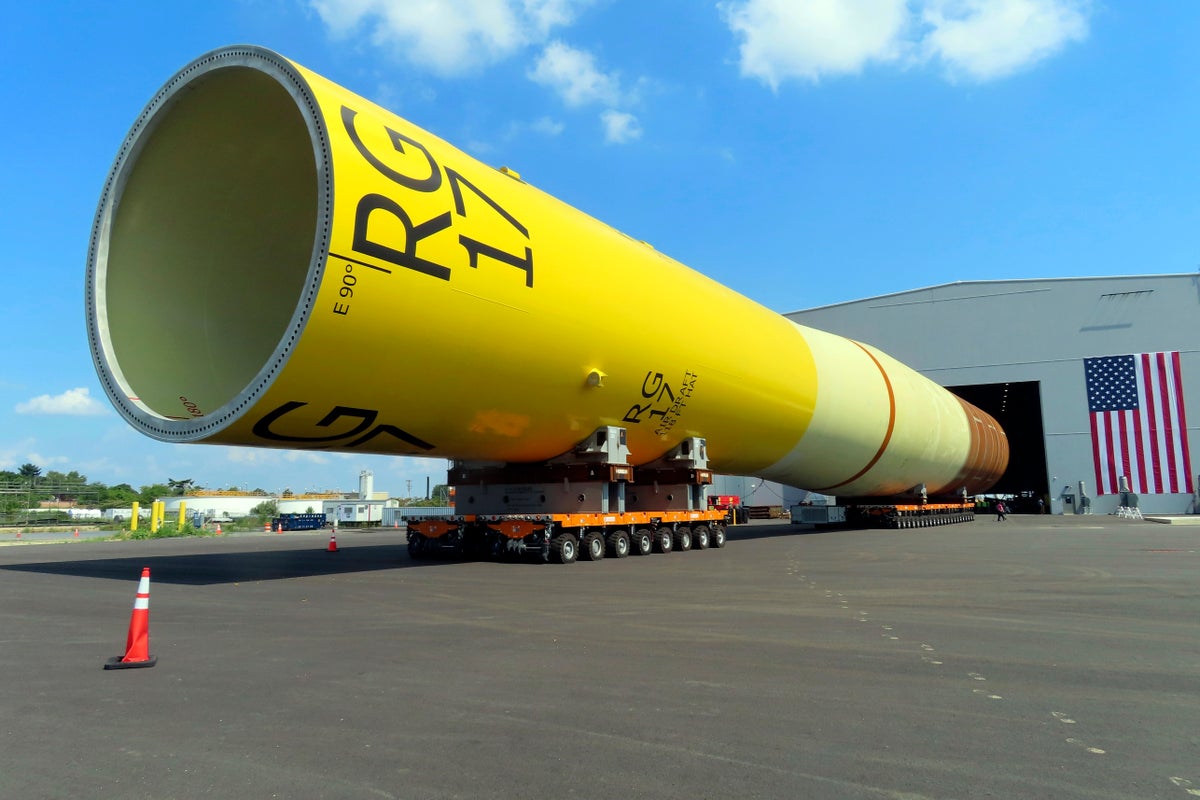
Offshore wind power company Orsted is trying to get out of a $300 million guarantee it agreed to pay New Jersey in the event it failed to build its first wind farm off the state's coast.
Last Tuesday, the Danish firm scrapped its Ocean Wind I and II projects in southern New Jersey, saying the projects were no longer financially feasible. The company cited supply chain issues, inflation and a failure to gain enough government tax credits.
The next day, Orsted wrote to the New Jersey Board of Public Utilities, saying it was withdrawing from an agreement it signed with the state under which it would forfeit the money if it did not build Ocean Wind I.
The company said it was doing so because the board had not taken final action to approve the agreement.
“The Board has not issued a final approval of the Compliance Filing,” Orsted wrote in a letter to the utilities board, saying it was withdrawing from the agreement “due to changed circumstances.”
The company said it has transferred $200 million to an escrow account with the state thus far.
Neither Orsted, the BPU and nor the office of New Jersey Gov. Phil Murphy immediately responded to requests for comment Monday.
It was not immediately clear what will happen next. In the agreement, Orsted and the state agreed not to sue each other over any dispute unless they tried and failed to resolve it through negotiations.
On the evening that Orsted canceled its two large projects in New Jersey, Murphy, a Democrat, reacted angrily. He said his administration would hold the company accountable to its cancellation obligations.
The company agreed to put up a $100 million guarantee that it would have Ocean Wind I built by the end of 2025. It also was obligated to pay an additional $200 million toward the development of the offshore wind industry in New Jersey.
Orsted wrote off $4 billion last week, due largely to costs associated with the cancellation of its two New Jersey projects.
The cancellations added fresh uncertainty to an industry seen by supporters as a way to help end the burning of planet-warming fossil fuels, but derided by opponents as inherently unworkable without massive financial subsidies.
And it is another political headache for Murphy and Democrats a week before elections for the state Legislature in which opposition to offshore wind has become an important part of Republican campaigns.
New Jersey still has several other offshore wind projects in various stages of development, with four new proposals submitted in August alone. They join the one remaining project of the three originally approved by the state, Atlantic Shores. That is a project by Shell New Energies US and EDF Renewables North America.
Atlantic Shores said last week it remains committed to its project, though it hinted in a statement that it, too, is seeking additional help.







